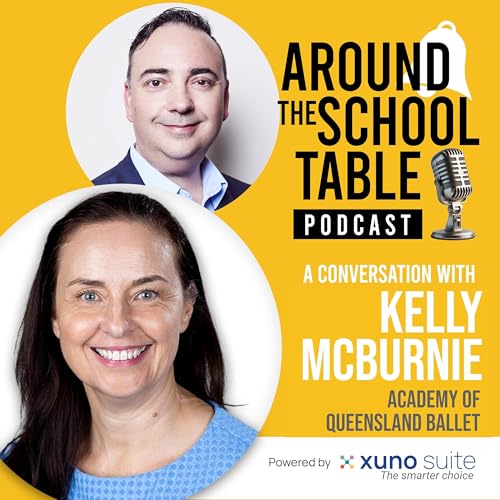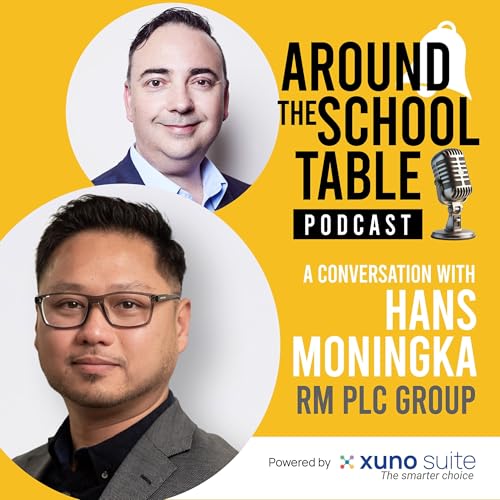Today on Around the School Table (xuno.com.au/podcasts), host Steve Davis is joined by James Thomas, Managing Director of Digital Education Partnerships Indonesia (DEPI) (depi.co.id). DEPI helps international edtech companies build trust and traction across Indonesia’s vast school landscape. It’s a market shaped by scale, complexity, and relationships.
Early in the conversation, James breaks down what makes Indonesia unique. There are tens of millions of students and hundreds of thousands of schools. However, size is only one factor. Just as important is how schools communicate, buy, and implement systems.
Next, the episode digs into a common assumption about “international schools”. Many people expect mature operations. Yet the reality can be mixed. James shares research across SPK schools (SPK stands for Satuan Pendidikan Kerja Sama, which translates to “Cooperative Education Unit.” These are Indonesian private schools officially licensed to deliver an international curriculum). While many use an LMS for learning, fewer rely on a dedicated school management system. As a result, critical workflows can remain manual.
Importantly, James clarifies the difference between an LMS, an SMS, and an SIS layer. An LMS supports teaching and learning workflows. Meanwhile, an SMS runs operations like attendance, wellbeing, parent communication, events, and payments. Then, an SIS layer can connect systems without forcing a full replacement. Consequently, schools can reduce fragmentation and improve workflow reliability.
Finance and payments emerge as a major pressure point. Schools often manage complex fee logic in spreadsheets. Unfortunately, one small change can trigger errors. In addition, many schools still depend on WhatsApp for parent communication. Because messages arrive constantly, teacher wellbeing can be impacted.
The episode also explores safeguarding and reporting. James explains Indonesia’s TPPK mandate (TPPK stands for Tim Pencegahan dan Penanganan Kekerasan, which translates to Team for the Prevention and Handling of Violence) and why structured incident recording matters. Moreover, he shares why many rollouts fail. They’re treated as IT installs, not organisational change. Instead, James recommends phased implementation, clear ownership, and realistic priorities.
If you’re a school leader reviewing systems, this episode offers a practical playbook. You’ll hear how to identify operational headaches, reduce risk, and build resilient school operations.
Powered by: xuno.com.au.
See omnystudio.com/listener for privacy information.
 27 分
27 分 34 分
34 分 24 分
24 分 36 分
36 分 42 分
42 分 38 分
38 分 2025/12/1433 分
2025/12/1433 分

